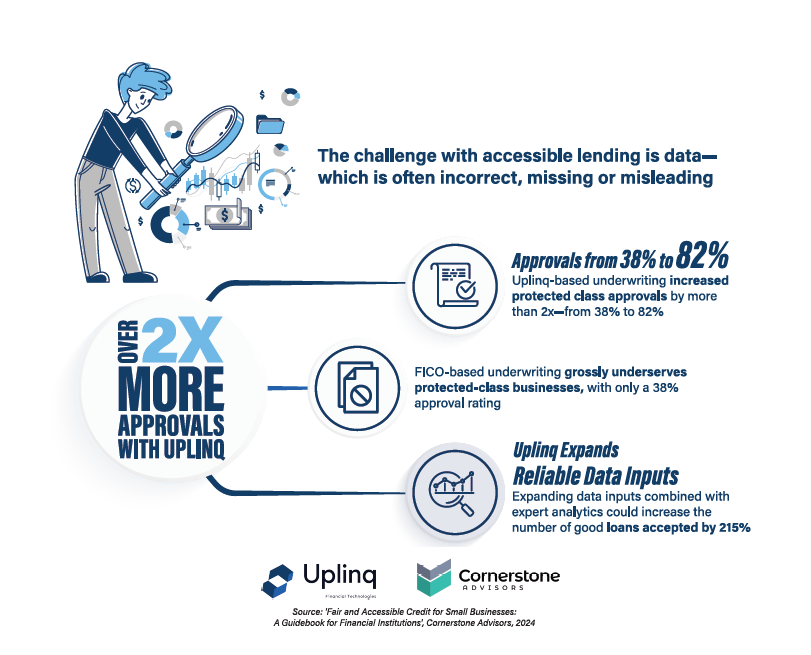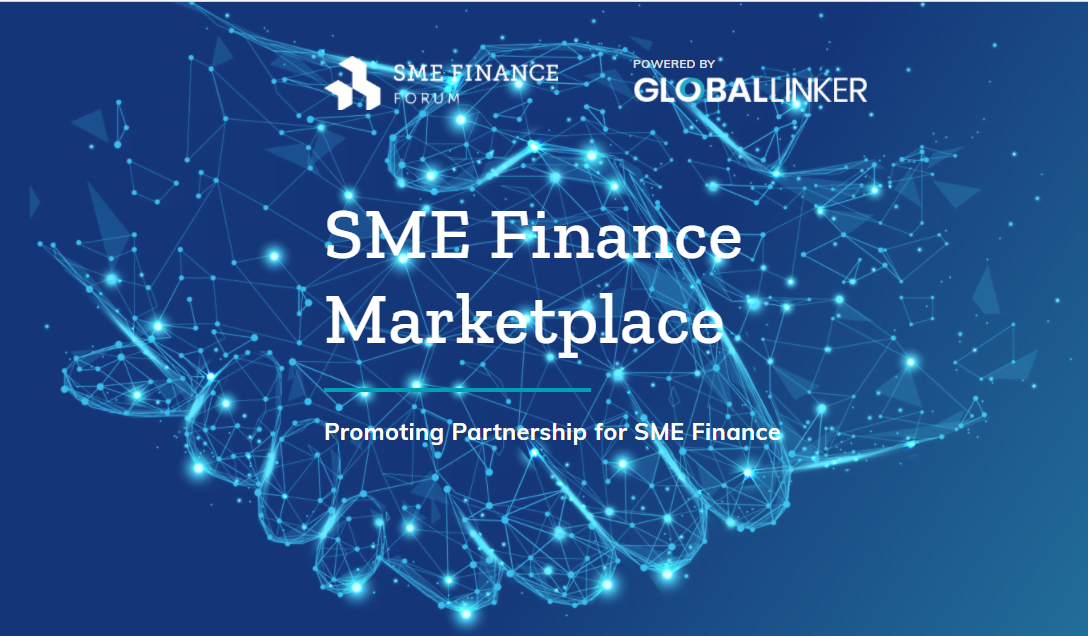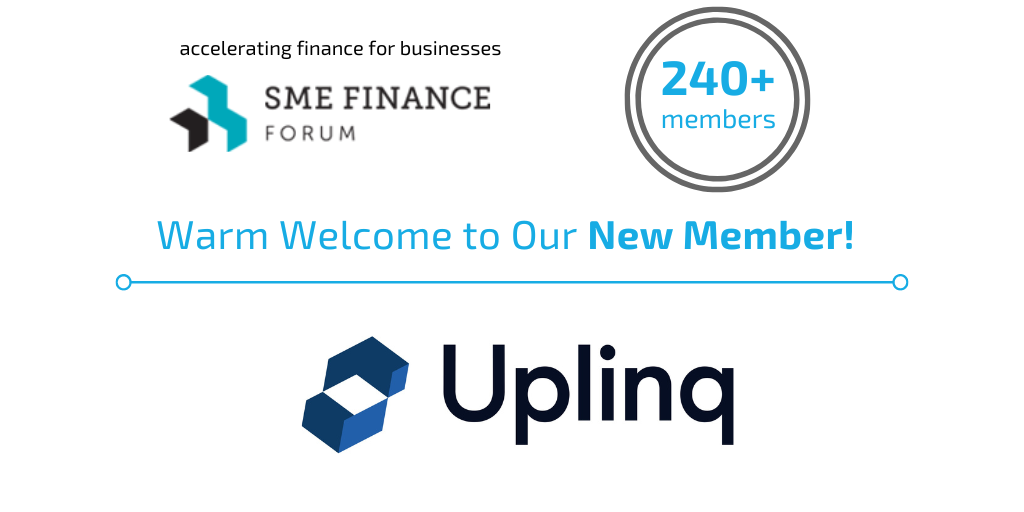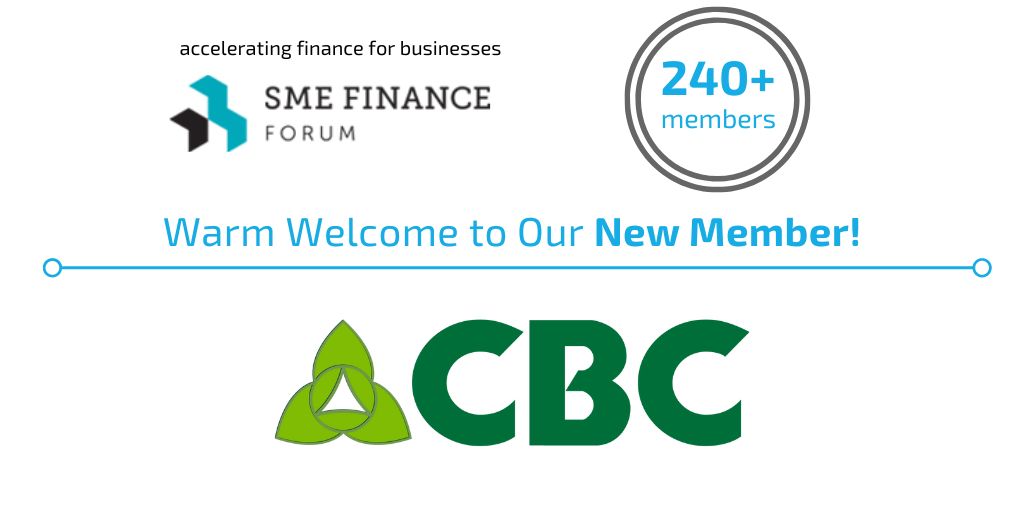A financial innovation! The fastest growing financial industry! The next big thing in finance! Crowdfunding has garnered a lot of attention for its potential to further financial inclusion efforts.
“Crowdfunding” typically describes a method of financing whereby small amounts of funds are raised from large numbers of individuals or legal entities to fund businesses, specific projects, individual consumption, or other needs. It involves bypassing traditional financial intermediaries and using online web-based platforms to connect users of funds with retail funders. Crowdfunding typically means (i) raising funds in small amounts, (ii) from many to many, (iii) using digital technology.
The idea of matching people who need money with the people who have money to invest is not new. What is new is the role of technology to make this concept easier and practical. Crowdfunding has the potential to transform retail financial services as the use of technology, increasing connectivity through mobile phones and other devices, the legal and regulatory framework, and constantly changing economic conditions allow new and innovative firms to compete. This competition could foster economic growth and entrepreneurship, especially in countries with less developed financial systems.
Readers will learn about how the crowdfunding phenomenon is mapped globally, what its main characteristics and modalities within the framework of financial inclusion are, and which issues policy makers should explore. The paper is based on a combination of secondary, desk-based research and interviews with stakeholders, including independent researchers, policy makers, regulators, supervisors, standard-setting bodies (SSBs), and development professionals.
This paper is for a variety of stakeholders in financial inclusion, including SSBs that are responsible for the regulatory and supervisory issues relevant to crowdfunding, other global bodies, and development agencies.










